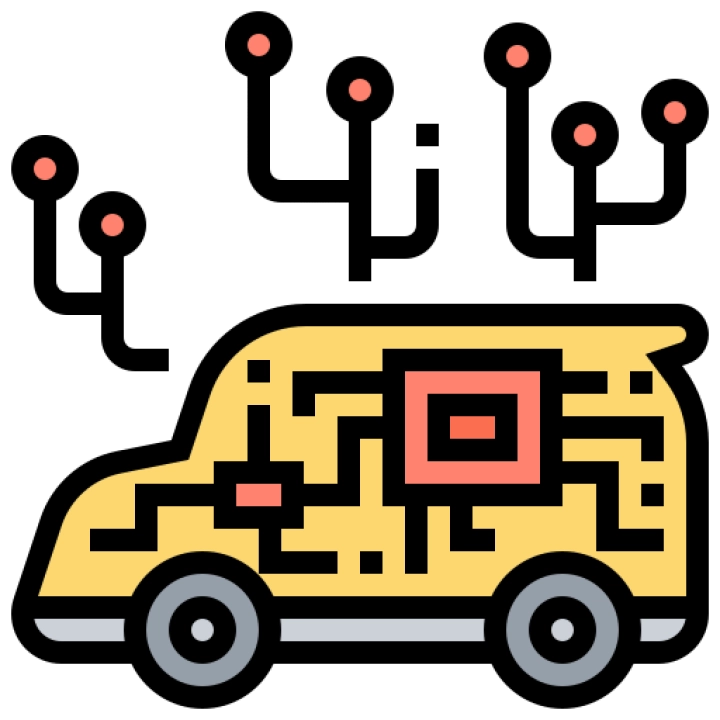College: Graduate School of Natural and Applied Sciences
This specialization integrates mechanical, electrical, and computer engineering to design and develop advanced automotive systems and smart vehicles. Students gain practical skills and theoretical knowledge in vehicle dynamics, control systems, sensor technology, embedded systems, and autonomous driving.
Learning Objectives:
- Understand automotive mechatronics and smart vehicles.
- Develop skills in vehicle dynamics, control systems, and sensor technology.
- Learn design techniques for embedded systems and autonomous driving.
- Explore intelligent transportation systems.
- Analyze challenges and opportunities in the automotive industry.
- Develop teamwork, communication, and problem-solving skills for automotive projects.
Curriculum Overview:
- Introduction to Automotive Mechatronics and Smart Vehicles - An overview of key concepts and emerging technologies.
- Vehicle Dynamics - Principles and techniques for analyzing vehicle performance.
- Control Systems - Basics and design of vehicle control systems.
- Sensor Technology - Principles and integration of sensors in automotive applications.
- Embedded Systems - Basics and design of embedded systems for automotive use.
- Autonomous Driving - Principles and development of autonomous driving systems.
- Intelligent Transportation Systems - Basics and design of smart transportation solutions.
- Practical Training - Real-world experiences in automotive mechatronics and smart vehicles.
- Graduation Project - A comprehensive project applying skills learned in automotive mechatronics and smart vehicles.
Assessment Methods:
Vehicle dynamics analyses, control system designs, sensor technology integrations, embedded systems projects, autonomous driving algorithms, practical training reports, graduation projects, group projects, and internships.
Recommended Textbooks:
- "Automotive Mechatronics: Principles and Practical Applications" by various authors.
- "Vehicle Dynamics and Control" by Rajamani.
- "Control Systems Engineering" by Norman S. Nise.
- "Embedded Systems: Introduction to ARM Cortex-M Microcontrollers" by Jonathan W. Valvano.
- "Autonomous Driving: Technical, Legal, and Social Aspects" by Markus Maurer et al.
Prerequisites:
Basic knowledge in mechanical engineering, electrical engineering, and computer science. Suitable for students interested in automotive engineering and related fields.
Duration:
Typically 4 years to earn a bachelor's degree, including coursework, projects, practical training, and internships.
Certification:
Graduates can earn a degree in automotive mechatronics and smart vehicles and pursue professional certifications in related fields.
Target Audience:
Aspiring automotive engineers, vehicle electronics specialists, autonomous driving developers, and professionals seeking careers in mechatronics and smart vehicles. This specialization equips students with the necessary skills to excel in mechatronics and smart vehicles, supporting careers in automotive engineering, vehicle electronics, and related fields.

